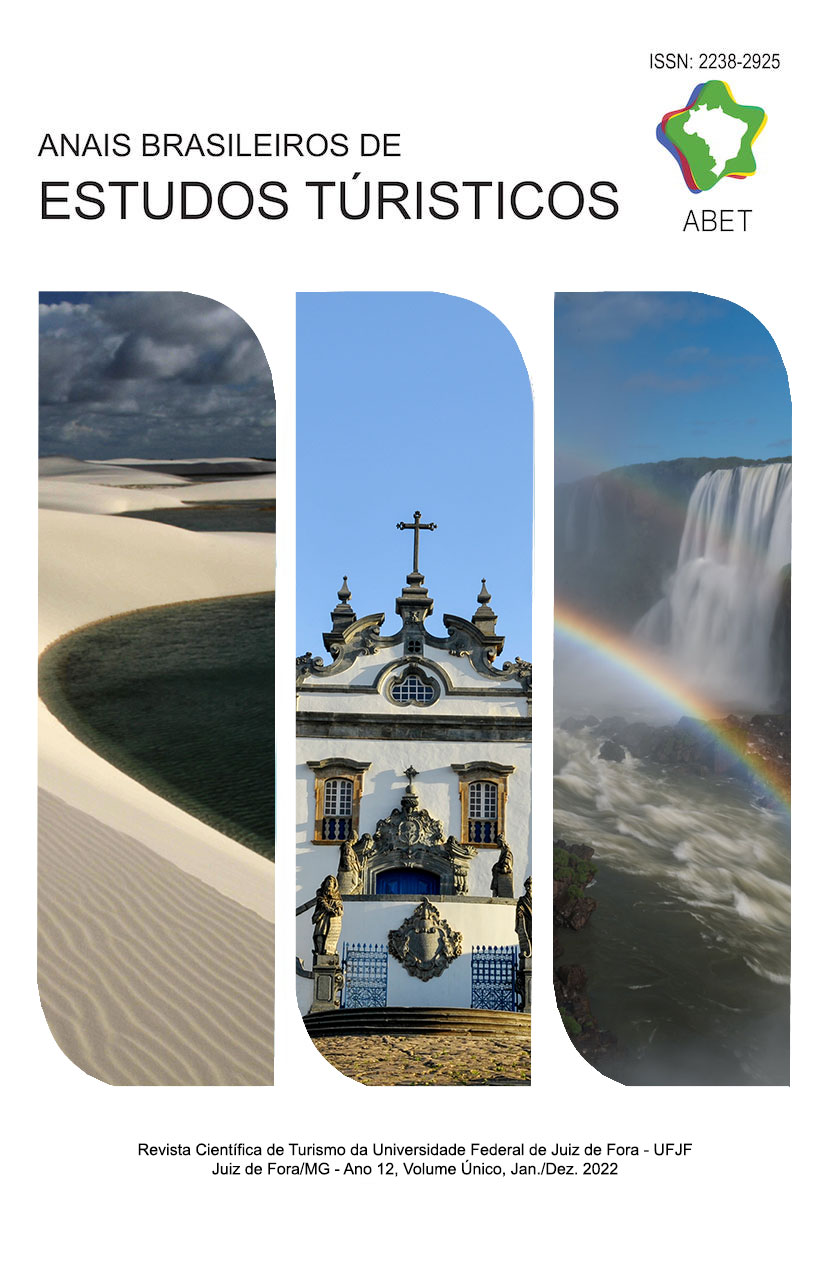Piauí Regional Gastronomy: a Tool for Cultural
DOI:
https://doi.org/10.5281/zenodo.6823794Keywords:
Gastronomy, Heritage, CultureAbstract
Gastronomy can be considered a key aspect of an intangible cultural asset and is included in the Livro de Registro dos Saberes (Knowledge Record Book) of the Instituto do Patrimônio Histórico e Artístico Nacional (National Historic and Artistic Heritage Institute) in Brazil. Brazilian gastronomic traditions are considered as a large set of socio-cultural practices and in simple dishes, food and production habits from many generations are attributed. In this way, the aspects of identity inherent to social transitions between communities, generating the feeling of belonging among social groups, which until then saw these habits as a simple means of subsistence, are currently an attraction of great influence in the tourist, cultural and geographical field. Thus, this research aimed to recognize from the point of view of gastronomy the expertise of making cassava flour as an intangible cultural heritage of the state of Piauí, being a relevant activity for the subsistence of many communities such as the village of Canto Grande, in the municipality of Cajueiro da Praia, in the state of Piauí. The methodology adopted was based on bibliographic research in books and scientific articles, in addition to participatory observation, in the context of the production processes of the cassava flour in the village of Canto Grande, providing information about the diversified method of production and the materials and tools used by this community located in the northern part of Piauí.
Downloads
Downloads
Published
How to Cite
Issue
Section
License
Copyright (c) 2022 Anais Brasileiros de Estudos Turísticos

This work is licensed under a Creative Commons Attribution 4.0 International License.
This journal provides immediate open access to its content, following the principle that providing free scientific knowledge to the public provides greater democratization of world knowledge.
Authors must agree to the following terms relating to copyrights:
(a) Authors keep all copyright and grant the to the journal the right of first publication, with the work simultaneously licensed under the Creative Commons Attribution License that allowing job sharing with recognition of authorship of the work and initial publication in this journal.
(b) Authors are allowed to assume additional contracts separately, for non-exclusive distribution of the version of the work published in this journal (e.g. publish in institutional repository or book chapter), with recognition of authorship and initial publication in this magazine.
(c) Authors are allowed and are encouraged to publish and distribute their work online (e.g. in institutional repositories or on your personal page) since they do not do this before or during the editorial process, as this can generate productive interchange, as well as increase the impact and citation of work aired. (See Effect of Free Access).















